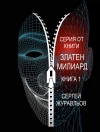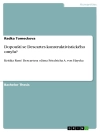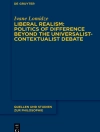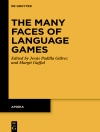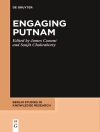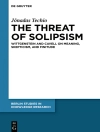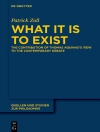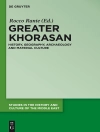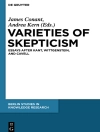In the human quest for orientation vis-à-vis personal life and comprehensive reality the worldviews of religionists and humanists offer different answers, and science also plays a crucial role. Yet it is the ordinary, embodied experience of meaningful engagement with reality in which all these cultural activities are rooted.
Human beings have to relate themselves to the entirety of their lives to achieve orientation. This relation involves a non-methodical, meaningful experience that exhibits the crucial features for understanding worldviews: it comprises cognition, volition, and emotion, is embodied, action-oriented, and expressive. From this starting-point, religious and secular worldviews articulate what is experienced as ultimately meaningful. Yet the plurality and one-sidedness of these life stances necessitates critical engagement for which philosophy provides indispensable means. In the end, some worldviews can be ruled out, but we are still left with a plurality of genuine options for orientation.
Jadual kandungan
1. Introduction: Orientation as a Life-Function.- 2. Science versus Scientism: Is There Such a Thing as the Scientific Worldview?.- 3. Varieties of Naturalism and Humanism.- 4. Rediscovering the Importance of Ordinary Experience.- 5. The Unavoidability of Worldviews.- 6. Worldviews and the Limits of Philosophy.- 7. Coda: Blocked Roads and Genuine Options.
Mengenai Pengarang
Matthias Jung is full professor of philosophy at the University of Koblenz-Landau, Germany.


